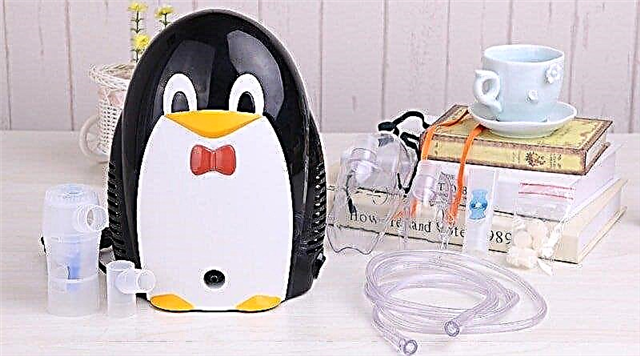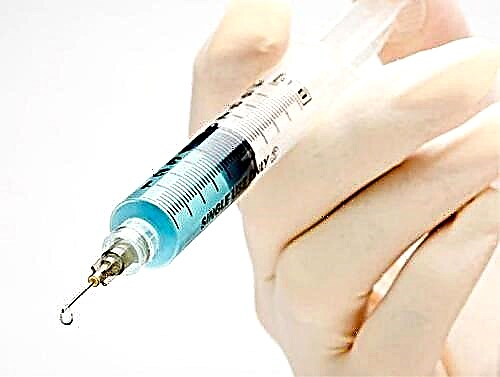
Expectant mothers try to eat fully and healthy so that the baby in the womb receives all the substances necessary for its growth. It is especially important to pay attention to a sufficient intake of protein, which a pregnant woman can get from fish, meat, cheese, milk, and so on. One of the healthy protein foods is shrimp, but some care is required with them during bearing.

How are they useful?
Doctors call shrimp a valuable product for expectant mothers, in which there is a lot of protein, and, on the contrary, very little carbohydrates and fats. They are low in calories and digest very quickly, do not induce weight gain, and help to overcome the habit of eating salty snacks such as crackers or chips. Such seafood is rich in:
- copper and iron due to which their use is beneficial for hematopoiesis and increases activity;
- iodine, very important for the thyroid gland;
- omega fatsparticipating in metabolic reactions and helping to prevent many diseases;
- phosphoruswhich is important for teeth and bone tissue;
- zinc, helping to maintain healthy nails and beautiful skin;
- potassium, essential for myocardial health;
- selenium, able to strengthen the immune system and protect against active oxygen;
- astaxanthin, which is a strong antioxidant.

Shrimp are especially useful for urban dwellers - after all, they suffer more from low oxygen levels and are susceptible to the negative influence of the industrial environment.
Are they allowed during pregnancy?
Doctors do not prohibit shrimp for women in a position: if they eat them within reasonable limits, and listen to the reaction of their own body. On the contrary, according to doctors, in the early stages this delicacy will support the correct development of the embryo. The proteins, fatty acids and trace elements contained in such seafood will have a beneficial effect on the development of the baby's nervous and skeletal systems.
However, there are limitations for eating shrimp. First of all, this is an increased risk of allergies. If a woman feasted on these seafood before pregnancy, and there were no problems, then she can safely include shrimp in her menu, being in the position... If, before conception, such "sea inhabitants" were not included in the diet, and the woman wanted them when carrying a baby for the first time, increased caution is needed.
Many doctors generally advise against starting an acquaintance with shrimp and other seafood during pregnancy. However, with a strong desire, this is permissible. The first portion of seafood should be no more than 1-2 pieces. After eating shrimp, you should carefully observe whether there will be a negative reaction to them. If at least one of the allergic symptoms appears (skin rash, shortness of breath, swelling of the extremities, itchy skin, red eyes, runny nose), you should immediately consult a doctor and forget about such a delicacy at least until the end of breastfeeding.


To reduce the risk of allergies in a baby, expectant mother you should not eat too many shrimp in one sitting, even if there was no negative reaction to them before pregnancy. Doctors recommend limiting yourself to a portion of 100-200 grams, eating it 1-2 times a week. At the same time, it is important to boil the product well, since insufficient heat treatment can lead to poisoning. Eating any seafood raw while waiting for the baby is not recommended.
By the way, if a woman cooked shrimp for herself and suddenly changed her mind about eating them because of an unpleasant smell or taste, there is no need to force herself, despite all the benefits of this product. Eating shrimp through force will only worsen appetite and badly affect mood.... If you have a disgust for them, you can easily replace the shrimp with other seafood or sea fish.
Some doctors recommend eating seafood only in the first trimester, and refusing such food in the second or third. This is due to the increased risk of allergies in babies, which may appear soon after childbirth. Another factor limiting the use of shrimp is the woman's blood cholesterol level.
If it has been increased, then shrimp in the menu of such pregnant women are not welcome, because their composition includes this substance in a fairly large amount.

How to cook?
After taking frozen shrimp, they should be rinsed under water to remove ice crust and contamination. Then the product is dipped into salted water, which has boiled, after which it is cooked for about 7 minutes until the seafood begins to float on the surface and acquire a pale pink color. If a cooked-frozen dish is used, then it is enough to dip the seafood in boiling water for 3-5 minutes, because they have already been heat treated. It is important not to overcook the product - this will make it "rubbery".
Boiled shrimp can be eaten without any additives both hot and cold. But most often they are added to other dishes, such as chopped vegetables or pasta, diet soups and original snacks. Crustaceans go well with fresh cucumber and green salad, but they will also be quite tasty with fruits.


Purchase and storage
It is advisable to buy seafood in a store, carefully examining the goods and preferring trusted manufacturers. Before buying, you need to make sure of the freshness by looking for the production date and expiration date on the packaging. When holding a bag of frozen shrimp in your hands, make sure that they are not sticking together, which is often the case in situations where the product is re-frozen.
It is preferable to buy a product in transparent packaging to ensure the quality of seafood. If the shrimp have dark legs, then such a product is "old", and if they are covered with white spots, they are most likely frozen. Marine inhabitants with a dark head are of low quality, and in the presence of yellowish bumps or spots, they are advised to be abandoned.
Expectant mothers should not buy shrimp on the market. Such goods, as a rule, lack the necessary certificates and references, and the conditions for their storage are questionable. Besides, when buying on the market, a pregnant woman cannot be sure that there is no mercury and other heavy metals in tender shrimp meat. Such substances are extremely dangerous to the fetus, especially to its nervous system. For this reason it is much safer to buy shrimp in a store, because they have been tested in accordance with GOSTs.


If a woman is not going to boil seafood at once or has bought a lot of shrimp, then they should be transported home from the store as soon as possible and put in the freezer until the “sea inhabitants” are thawed. It is permissible to store them at subzero temperatures no longer than indicated by the manufacturer. But it is generally not recommended to store boiled shrimps. They should be eaten immediately after cooking, because this product deteriorates very quickly.
As for the ready-made shrimp products that are sold in the store, then it is important to read the label carefully. Many of them have a lot of spices and vinegar, added preservatives and other harmful substances.
They can provoke heartburn and other unpleasant phenomena, so, if possible, expectant mothers should refuse canned seafood.


For information on whether pregnant women can eat shrimp, see the next video.



